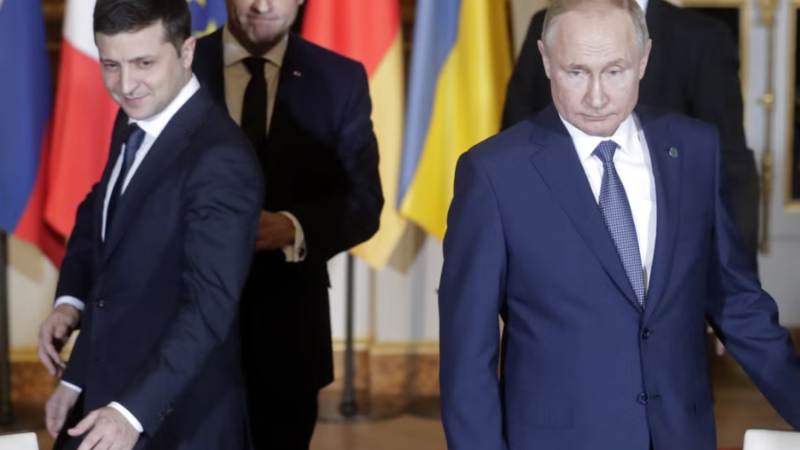US-China Trade Talks Lose Steam Despite Recent Tariff Truce

Trade negotiations between the United States and China have hit a slowdown, according to US Treasury Secretary Scott Bessent, just weeks after both countries agreed to ease tariffs as part of a temporary truce.
Speaking to Fox News on Thursday, Bessent said the discussions had “stalled a bit” and emphasized that progress would likely require direct involvement from both President Donald Trump and Chinese President Xi Jinping. “Given the complexity and scale of the negotiations, it will take the two leaders stepping in,” he noted.
Earlier this month, the US and China reached an agreement in Switzerland to de-escalate their ongoing trade conflict. The deal included plans to eliminate certain tariffs and suspend others for 90 days, with a deadline set for May 14.
Under the agreement, the US reduced tariffs on Chinese imports from 145% to 30%, while China cut retaliatory duties on American goods from 125% to 10%. The Trump administration has long used tariffs as a tool to promote domestic manufacturing and leverage better trade deals, arguing that such measures protect American industries and generate tax revenue.
However, the trade strategy suffered a blow on Wednesday when the US Court of International Trade ruled that President Trump had overstepped his authority in imposing some tariffs. While the White House has appealed the decision—temporarily reinstating the duties—legal uncertainty clouds the future of Trump’s tariff agenda.
Bessent reiterated optimism about the talks continuing, adding that a presidential phone call with Xi could take place soon. “I’m confident China will re-engage once President Trump signals his priorities,” he said, highlighting the “very good relationship” between the two leaders.
Meanwhile, trade discussions with Japan are ongoing in Washington, with Bessent describing some potential deals as “very close” while acknowledging others remain “more complicated.”
Despite the temporary reprieve and ongoing dialogue, analysts suggest that recent legal setbacks could make other countries more hesitant to pursue trade agreements with the US.






